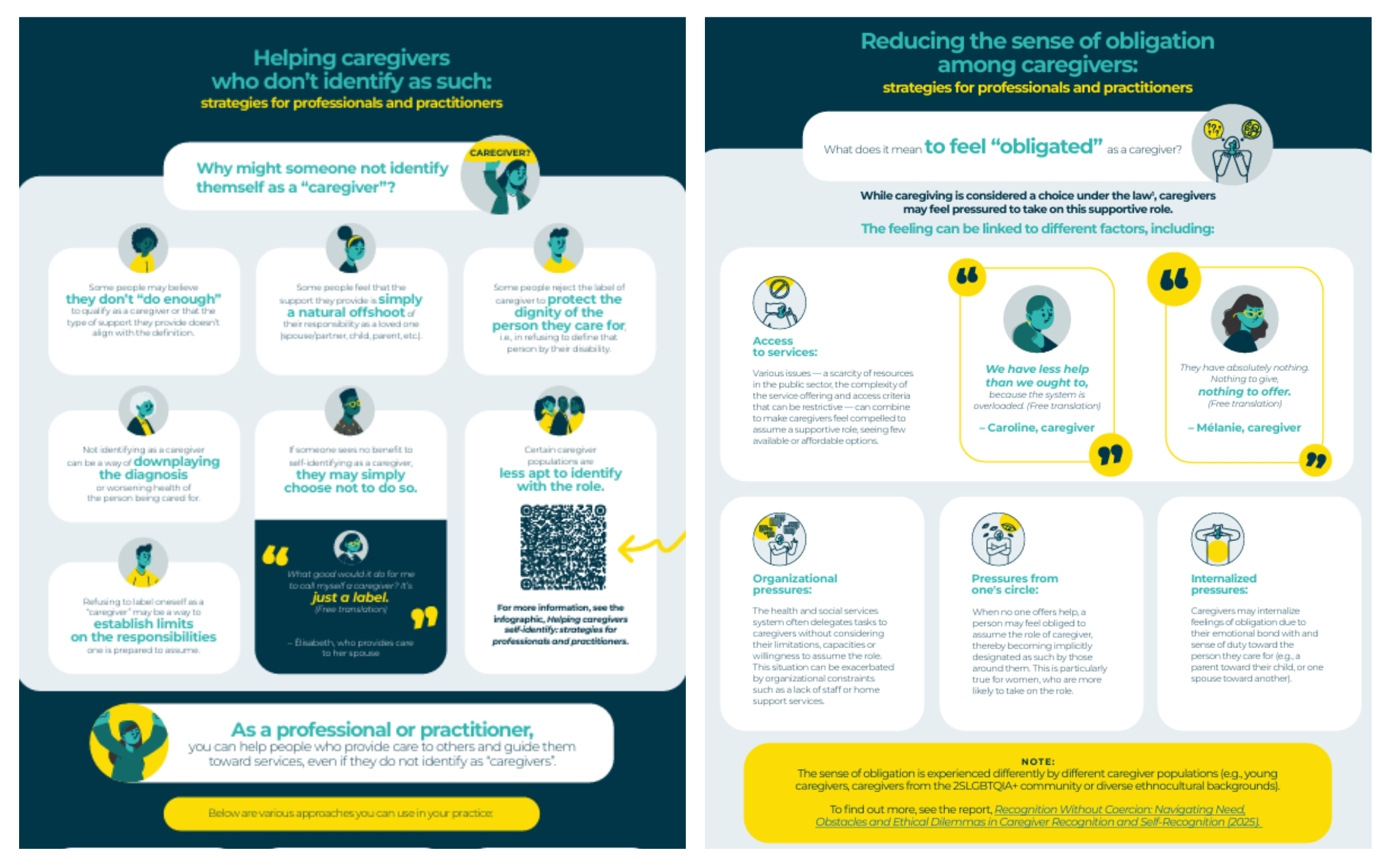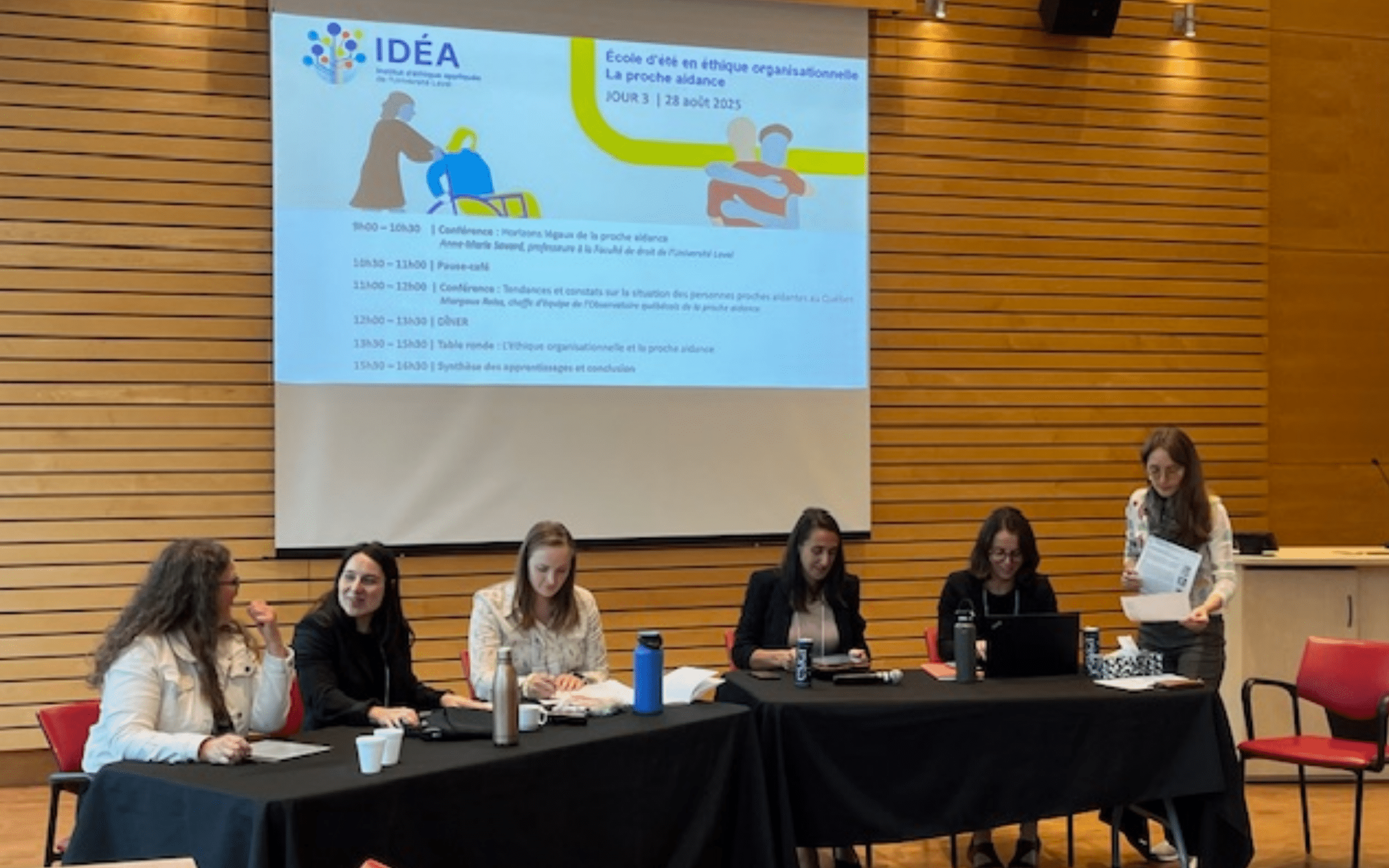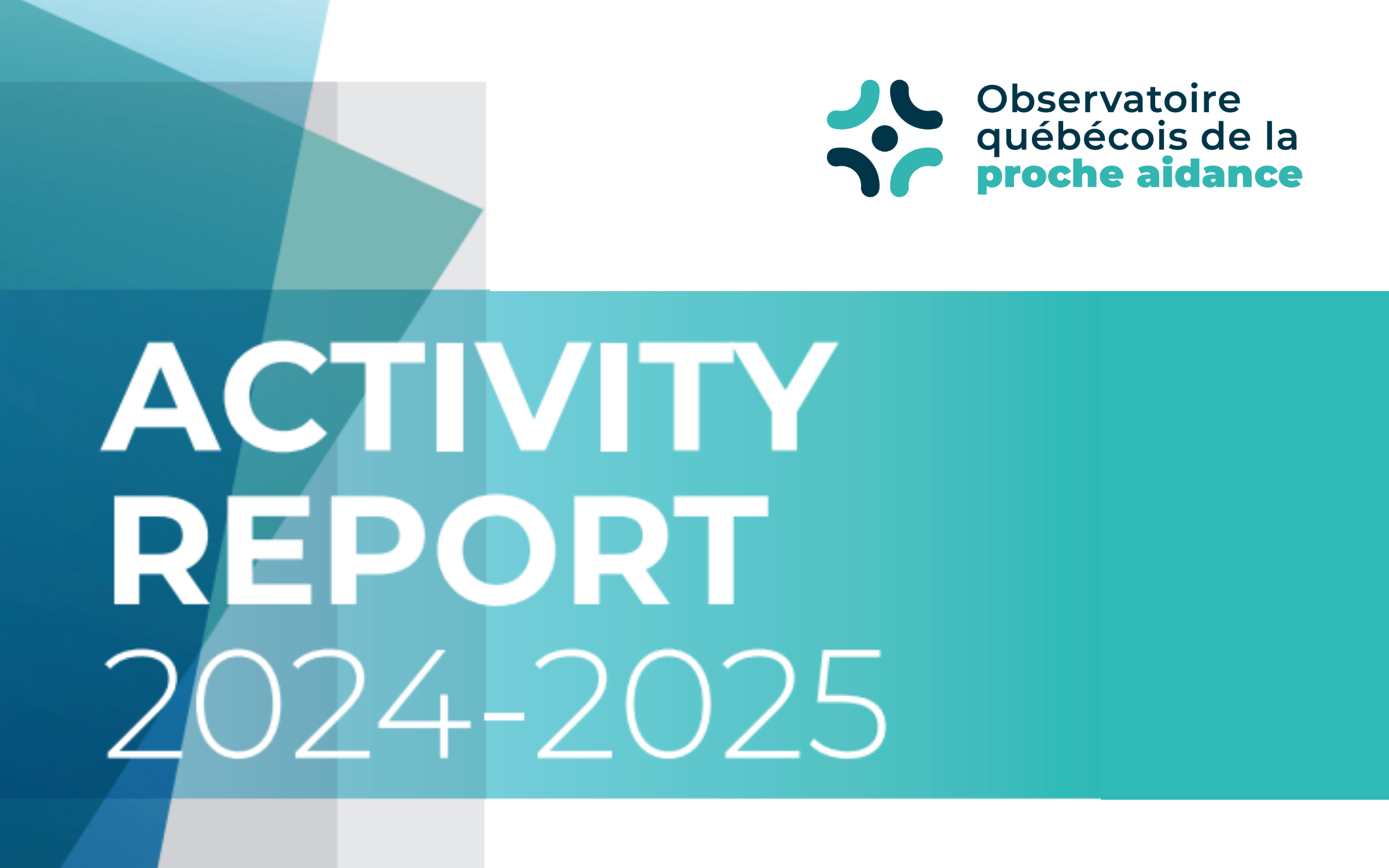How can we better support caregivers who do not identify as such? And how can we help alleviate the sense of obligation they may feel? The Observatory answers these questions in two new fact sheets aimed at professionals and practitioners.
Based on the report Recognition Without Coercion: Navigating Need, Obstacles and Ethical Dilemmas in Caregiver Recognition and Self-Identification, these publications present:
- The reasons why some caregivers do not identify themselves as such, and how to adapt practices to better support them
- The feeling of obligation felt by caregivers with regard to this role, and possible avenues to help alleviate it
They propose strategies to help professionals and practitioners adapt their professional practices to take into account the needs and challenges experienced by caregivers.




